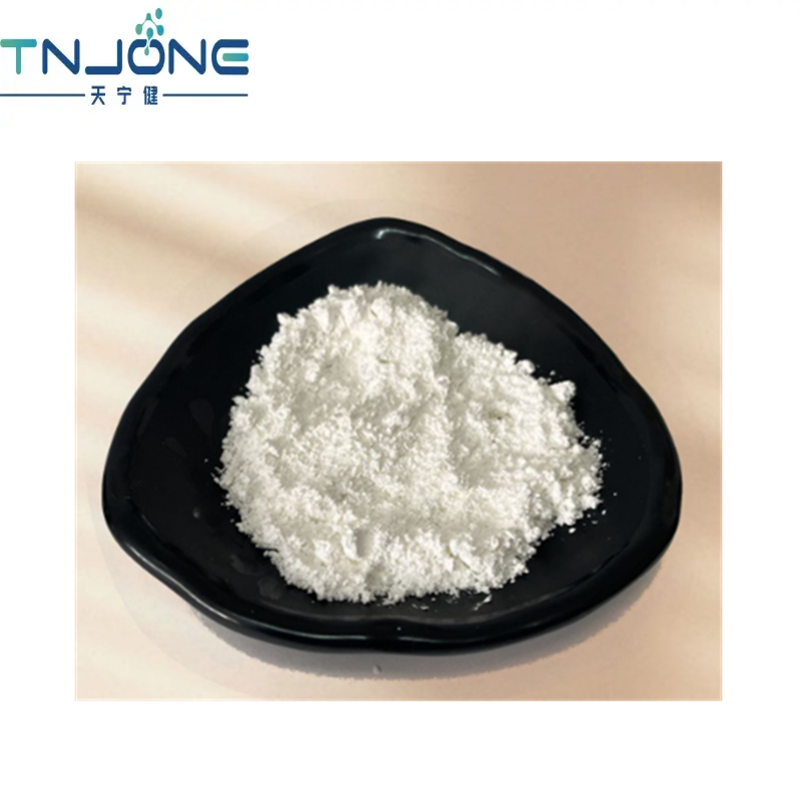-
Categories
-
Pharmaceutical Intermediates
-
Active Pharmaceutical Ingredients
-
Food Additives
- Industrial Coatings
- Agrochemicals
- Dyes and Pigments
- Surfactant
- Flavors and Fragrances
- Chemical Reagents
- Catalyst and Auxiliary
- Natural Products
- Inorganic Chemistry
-
Organic Chemistry
-
Biochemical Engineering
- Analytical Chemistry
-
Cosmetic Ingredient
- Water Treatment Chemical
-
Pharmaceutical Intermediates
Promotion
ECHEMI Mall
Wholesale
Weekly Price
Exhibition
News
-
Trade Service
Since the establishment of China's basic medical insurance system, it took less than 20 years to basically achieve full coverage of the population, the participation rate has been stable at more than 95%.
achievement has been highly recognized by the international community and has become a prominent highlight of the medical security system with Chinese characteristics.
should be guaranteed is the first principle put forward by the CPC Central Committee and the State Council in the Opinions on Deepening the Reform of the Medical Security System.
but because of the existence of reverse choice, the expansion of health insurance has always been a natural problem.
theory, reverse selection may lead to the shrinking or even collapse of the market, China's commercial medical insurance coverage rate is generally low is the specific performance of the reverse choice.
means to overcome the reverse choice in the world are generally two kinds, one is compulsory insurance, the other is economic measures.
compulsory participation may be intervened by legal or administrative means, while economic measures include tax incentives and financial subsidies.
compulsory insurance is the easiest and most thorough way to overcome the reverse choice.
the nature of insurance coverage, whether it is mandatory is also one of the fundamental differences between social insurance and commercial insurance.
Of course, the compulsory insurance can also play a role through other means, such as the enterprise for employees to provide medical insurance within the enterprise is mandatory, and within the enterprise to solve the problem of the reverse choice of the insured.
this may also explain why U.S. commercial health insurance can become the main body of its health insurance system, after all, the main form of U.S. commercial health insurance coverage is the collective participation of enterprises, not individual insurance.
, it can be seen that enterprises can be used as the carrier for employees to participate in medical insurance, to play the function of overcoming reverse selection.
China has experienced three stages in rapidly expanding the coverage of basic medical insurance for urban workers (also known as urban vocational insurance), new rural cooperative medical care (also known as new agricultural insurance) and basic medical insurance for urban residents (also known as urban housing insurance) (editor's note: new agricultural insurance and urban residents' insurance have been integrated into urban and rural residents' health insurance), a process that fully reflects China's wisdom: First, China has not adopted a strong "One-size-fits-all" legal coercion, but according to the different circumstances of workers and residents, to take different degrees of mandatory, of which the city job security mandatory the strongest, the new agriculture, the weakest urban housing protection;
practice has proved that the above measures are in line with China's national conditions and effective.
But with the profound changes in the social and economic field of the new era, the difficulty of overcoming the reverse choice has also increased, mainly manifested in: First, the reason why enterprises can become the carrier of employee insurance is premised on stable labor relations, but with the development of the new economy and new industry. Labor relations are looser, employment forms are more flexible, the carrier role of enterprises in this part of the population when the insurance is difficult to play;







